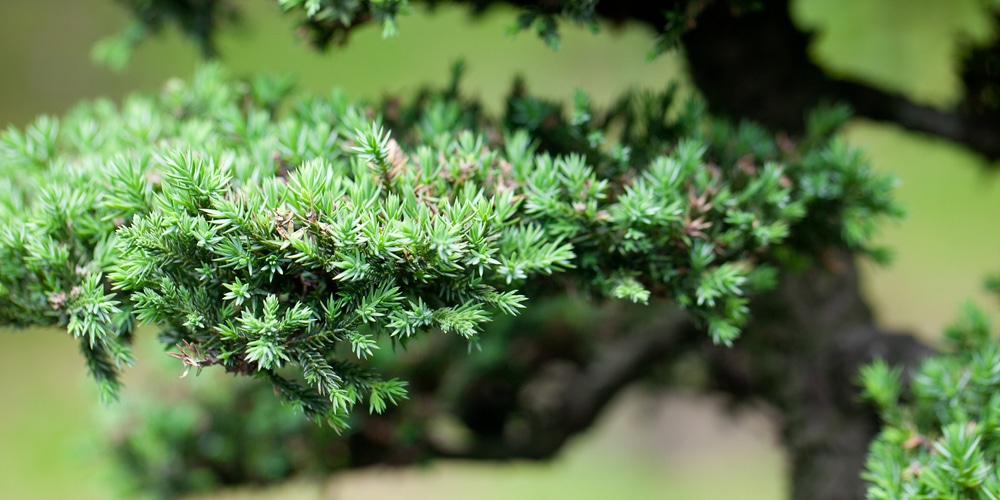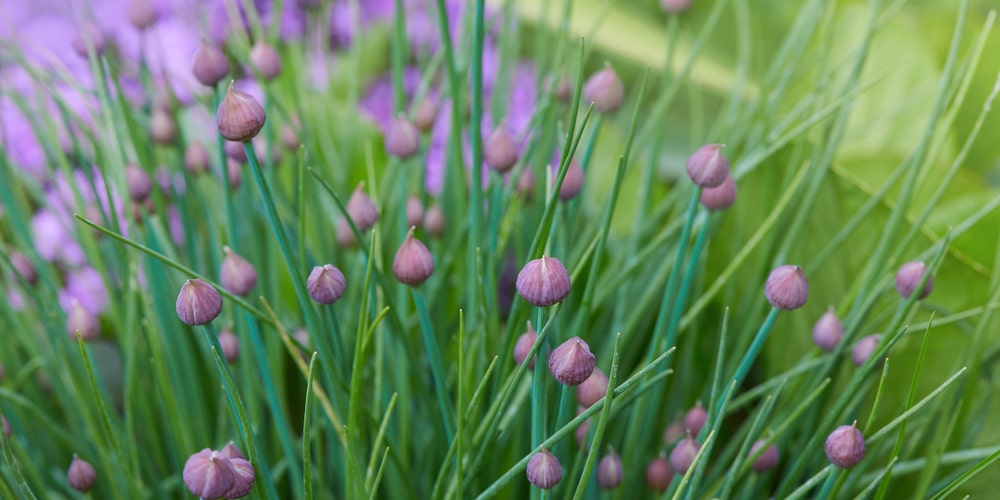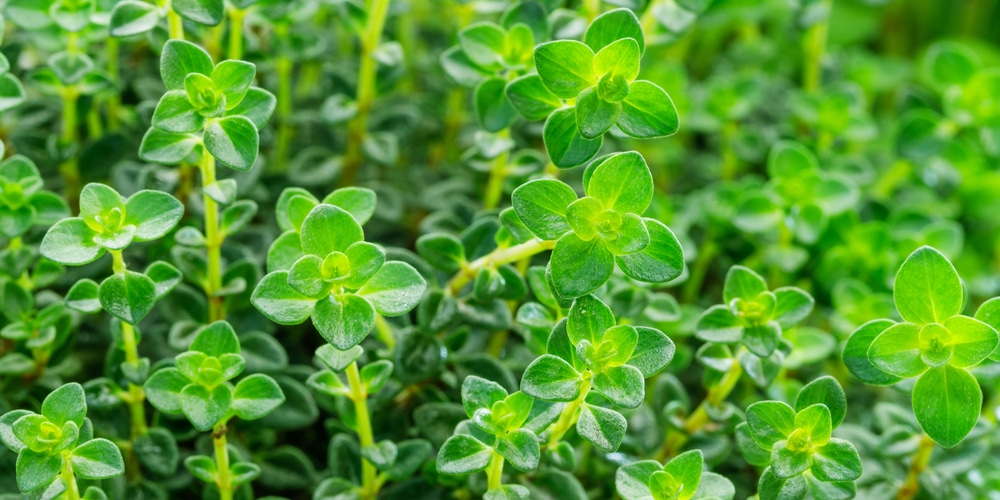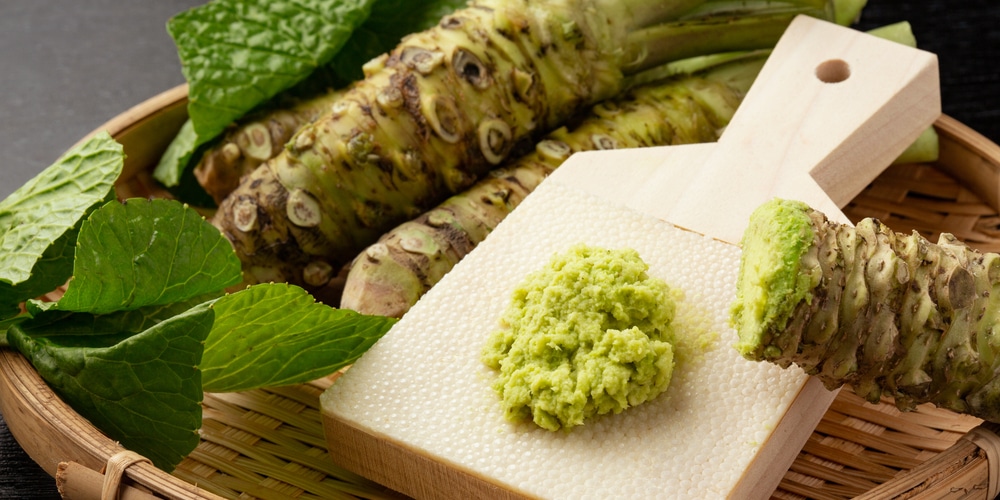Herbal gardening turns your back or front yard into a glorious smelling edible heaven. Plus, herbs have been used for so many centuries that most plants adapted to low maintenance care. Not only can you use most herbs in a culinary sense, but also topically—and some even medicinally. To top it off, you can choose plenty of herbs no matter what zone you live in!
What herbs will grow back every year in zone 8? In terms of outdoor gardening, the best herbs for zone 8 are basil, cilantro, lamb’s ear, oregano, rosemary, sage, and thyme. But most gardeners discuss which variety thrives better in USDA zone 8. Or search for better options that might suit their landscaping design.
Here are the most savory herbs for your zone 8 garden.
Best Perennial Herbs for Zone 8
1 – Chinese Juniper
Chinese juniper (Juniperus chinensis) is one of the toughest drought-tolerant herbs for zone 8. Unlike other varieties, you can grow it as a bonsai shrub with just a few instructions. But if that sounds too complicated, get the Holbert cultivar: it literally resents being cared for in any way.
You can use the edible juniper berries as tasty alternatives to pepper, especially when cooking meat. But they are also great additions to vegetable soups, beef broth, and winemaking (for making mulled wine).
When ripe, the berries turn dark blue. You can use them whole or crush them with a pestle. Above all, a single juniper plant makes more than enough berries for a family of four. But you can plant as much as you like, especially if you like its smell. Some people burn juniper twigs like incense to cleanse the air in their homes.
2 – Chives
If you like onions, you probably love chives (Allium schoenoprasum). In short, they taste like a strong green onion. You can use them in any way you would use scallions. And what is more, these plants are bulletproof. Not even deer nibble on them. Rabbits do not touch them. Of course, even bugs stay away from chives.
These perennials grow back every year, making them the best herbs for zone 8. Why? Because you will have them all year long. Plus, they spread like crazy and are pretty much immortal once they get established.
You can place some chives in your organic garden, and they will protect the other plants to a degree. After you stick them in the ground, you do not have to do anything to them. As long as you do not mess with them in the first few months, and as long as they get a little drizzle in the first two weeks, they will be fine.
How To Get Fresh Chives All Year Round
As the plant matures, the stem gets thicker. So, let chives flower and produce seeds. Then, cut them down about an inch from the ground—usually in the middle of the summer. They will sprout fresh new chives for you to enjoy whenever you want.
3 – Lemon Thyme
Lemon thyme (Thymus citriodorus) is a perennial plant and survives hard frost. For clarity, you can use its leaves to flavor many different dishes. But seasoning fish is its best application in the kitchen.
This variety naturally aligns itself with the xeriscaping principles because it does not need much water. But more importantly, this evergreen ground cover maintains the aesthetic landscape all year round. On top of that, it has a lemon scent and shunts out most weeds.
How do you plant thyme in Zone 8? If you want to grow lemon thyme from seeds, it is better to sow them in a propagator tray. In detail, lemon thyme:
- flowers in mid to late summer
- likes full sun
- only needs weekly watering
So, plant it after the last frost date of the year. Then, transplant it in a sunny raised bed or area. Fertilization-wise, using an all-purpose 10-10-10 ratio fertilizer twice a year in spring and fall is enough.
4 – Wasabi
Wasabi (Eutrema japonicum) is not an easy plant to farm. To be precise, the Japanese horseradish is one of the most suitable herbs for zone 8. But it will not grow in different habitats other than the only one this plant prefers.
If you are up for a challenge, get into wasabi agriculture. It is a challenging but rewarding project that can also be very lucrative. In fact, it is one of the most expensive crops on the planet.
Related Article: What Herbs Can Be Planted Together? (Companion Planting)



